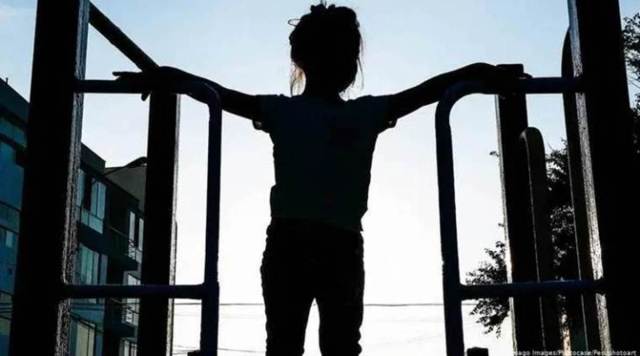Child rights bodies object to changes in JJ Act
Bodies recommended in a joint letter to the Centre that the law be taken up in Parliament for further amendment and its date of commencement not be notified.
 The child rights commissions of West Bengal, Rajasthan and Punjab joined the DCPCR on Wednesday at a conference, appealing to the Centre to not notify the date of enforcement without restoring the cognisability of the offences.
The child rights commissions of West Bengal, Rajasthan and Punjab joined the DCPCR on Wednesday at a conference, appealing to the Centre to not notify the date of enforcement without restoring the cognisability of the offences.
The Child Rights Commissions of Delhi, Rajasthan, West Bengal, Punjab and Chandigarh have objected to an amendment to the Juvenile Justice Act that made certain crimes against minors non-cognisable, it is learnt. They recommended in a joint letter to the Centre that the law be taken up in Parliament for further amendment and its date of commencement not be notified.
The Juvenile Justice Act 2015 was amended in 2021. Among the changes to the 2015 Act is one in Section 86 (2) which stated “When an offence under this act is punishable with imprisonment for a term of three years and above, but not more than seven years, then such an offence shall be cognizable, non-bailable and triable by a Magistrate of First class.”
With the amendment, the last part of the Section now states that such an offence shall be “non-cognizable and non-bailable”.
The date of enforcement of these amendments has not been notified yet.
In the letter sent to the Union Secretary of Women and Child Development on April 8, the commissions have listed the offences made non-cognisable: cruelty to child by Child Care Institution staff;
employment of child for begging; giving intoxicating liquor or narcotic drug or psychotropic substance to a child or using a child to vend, peddle, carry, supply or smuggle these; exploitation of a child employee; sale and procurement of children for any purpose; and use of children by militant groups or other adults for legal or illegal purposes.
“The effect of the amendment is that the bar under S. 155 CrPC applies as a non-cognizable offence is an offence in which the police officer cannot start an investigation or arrest without warrant,” they have stated.
They have stated that a delay in starting investigation “allows offenders time to influence evidence or thwart investigations”.
“Further, the vast majority of crime against children is committed against those children who are especially vulnerable by virtue of caste, class, religion and gender. Children living in poverty, and socially deprived are among the most likely to face abuse, and among the least likely to have the resources to pursue it. To obtain a magistrate’s assent for an investigation requires resources in terms of time, money, access to lawyers, and perseverance that disadvantaged children do not possess. Given their social and economic disadvantage, this amounts to gross injustice towards those who need the protection the most,” states the letter.







